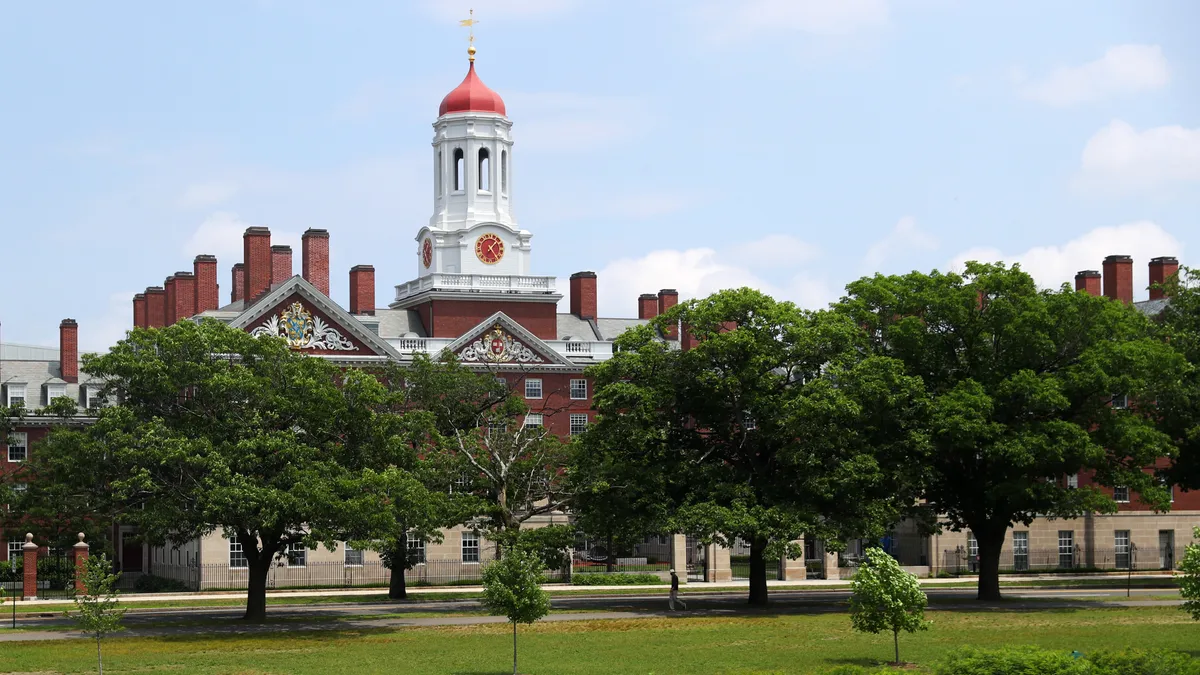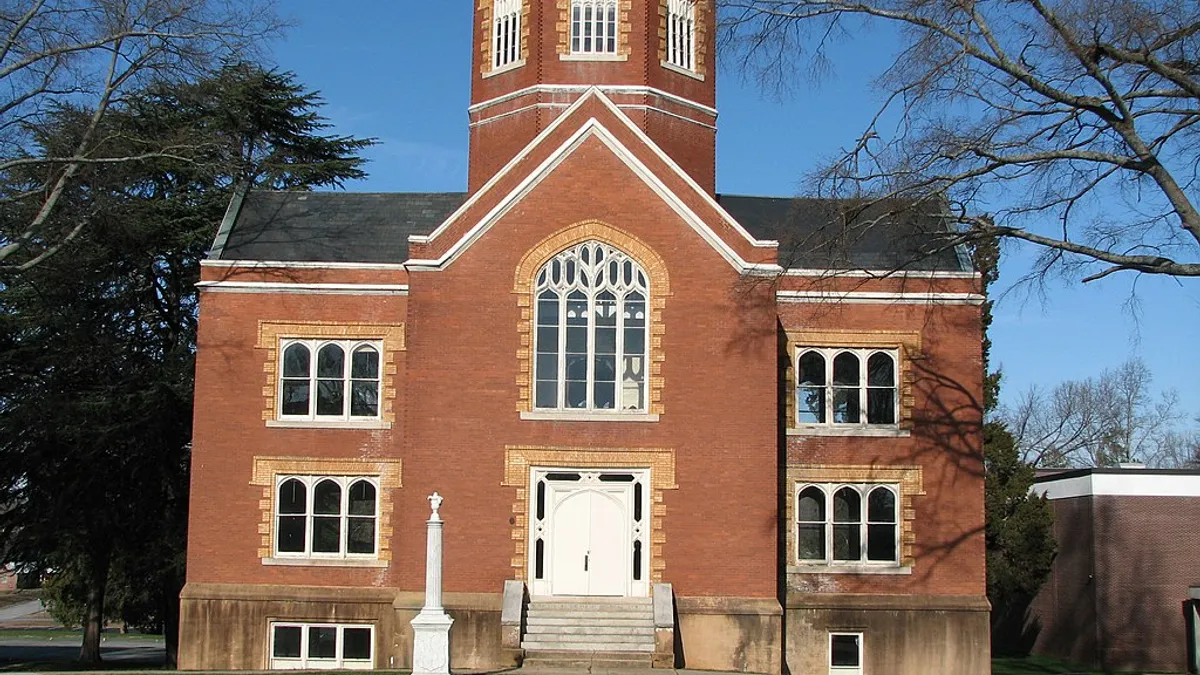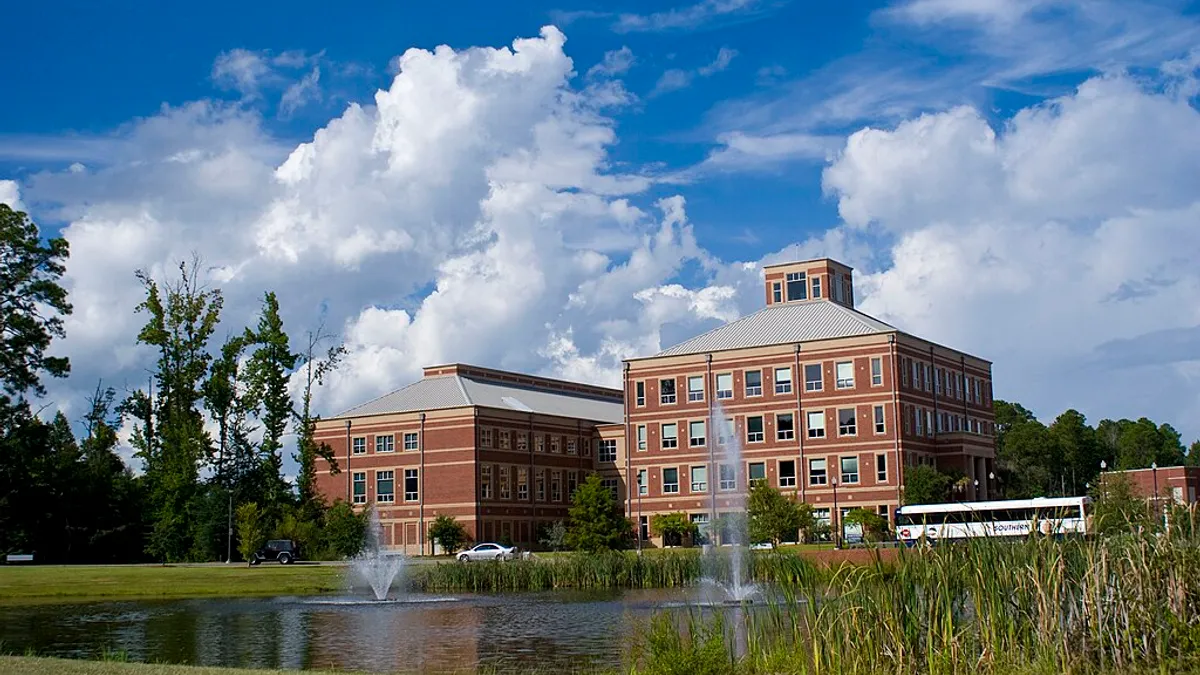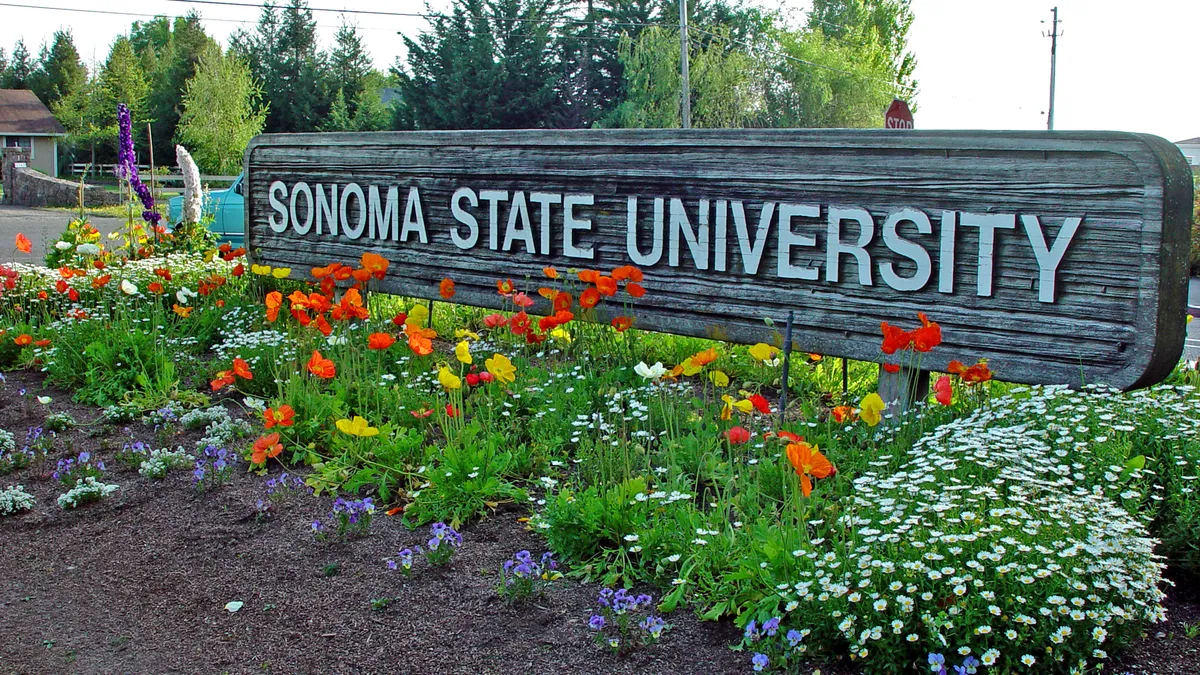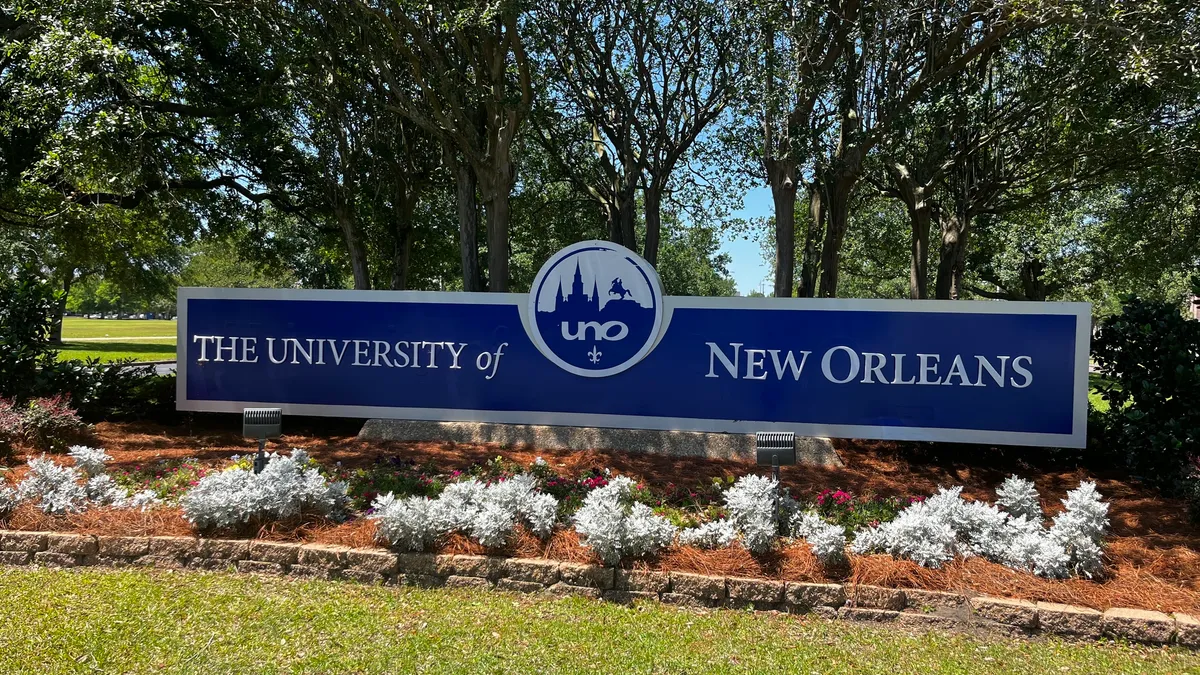Evan Mandery has been one of wealthy colleges' most vocal critics for years.
In 2014, he called for the end of legacy admissions that give a leg up to children of alumni. He's repeated that call over the years in publications ranging from The Harvard Crimson student newspaper to The New York Daily News. And he's expanded his arguments against Ivy League and other top-tier institutions to include criticisms such as that they only help a very low number of students climb the socioeconomic ladder.
Mandery's criticisms are notable in part because he's an alumnus of Harvard University who also has intimate knowledge of how non-elite colleges operate. Today, he's a professor at John Jay College of Criminal Justice, which is part of the City University of New York system.
This fall, Mandery published a book, "Poison Ivy: How Elite Colleges Divide Us," compiling his criticisms and making the case that upper-tier college admissions drive a segregated higher education system in the U.S. He doesn't spare parents or faculty members from scrutiny, either.
Top colleges are heavily populated by liberals, Mandery writes. Yet they favor the White and wealthy, and they work to protect the status quo.
"Over the pages that follow you'll meet many social scientists who have carefully chronicled and explained the mechanisms that fuel inequity in American education," Mandery writes. "Most of them work at these schools. Yet almost none of them have called out their colleges as bad actors."
He recently answered questions about his arguments, the book and how it's been received. Higher Ed Dive is publishing that conversation in two parts. This is the first.
This interview has been edited for clarity and brevity.
HIGHER ED DIVE: What prompted you to write the book?
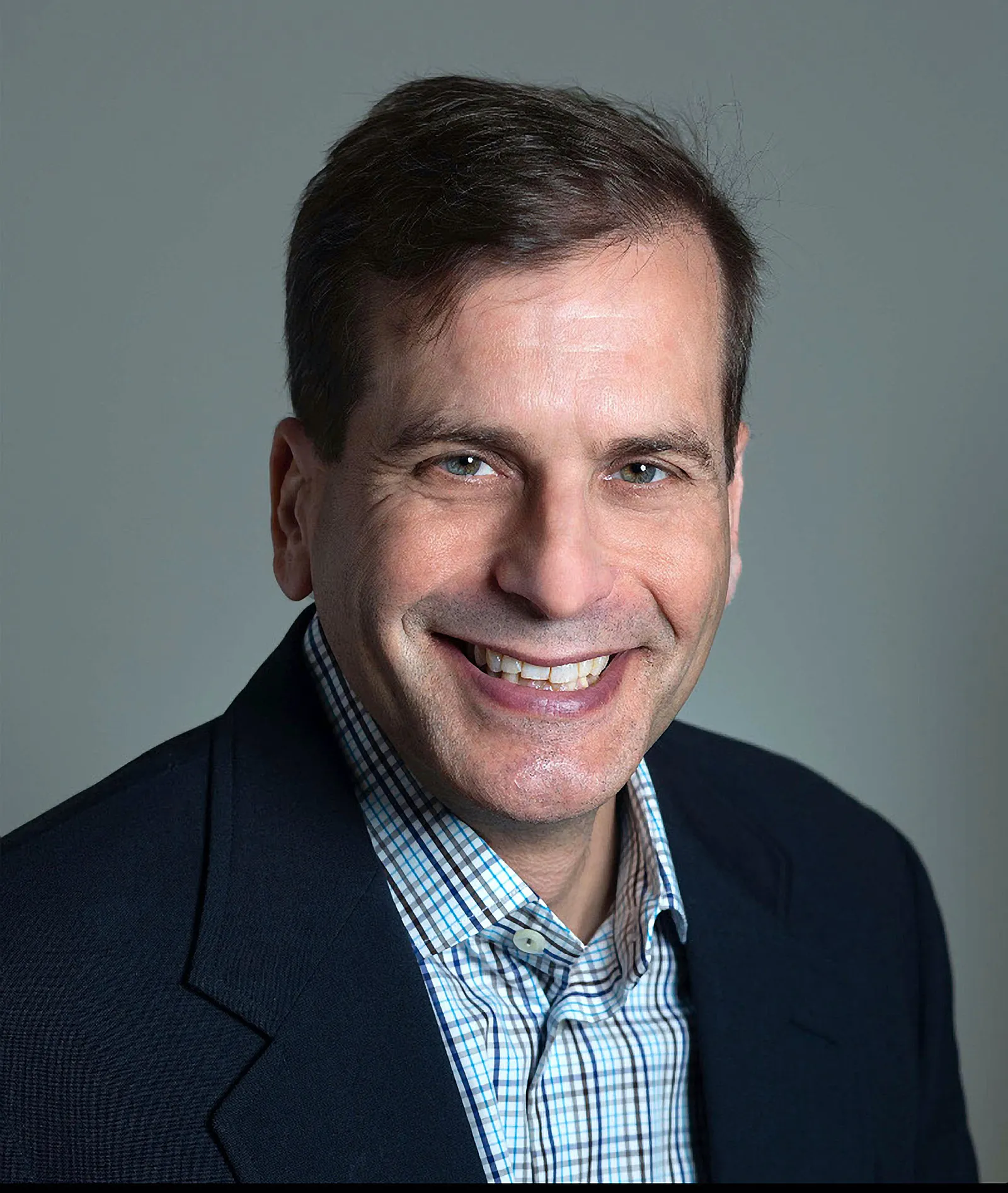
EVAN MANDERY: The book is a product of my life experience. My parents both went to CUNY, and my dad was a high school principal. He actually still works at the same school where he was principal.
And I went to Harvard College and Law School, and I've been teaching at CUNY for 23 years. I would say I spent some part of my whole life thinking about what separates the outcomes of people rich and poor — and people who end up at elite colleges and people who don't.
Sometimes, when elite colleges' behavior comes up among higher ed professionals who don't work at these institutions, the conversation gets shut down. Someone says the Ivy-pluses are essentially a different sector from most colleges.
So why should those at other colleges care about this tier of institutions?
I understand the pushback. As a percentage of college graduates, Ivy-plus types represent a small fraction, and certainly a very small fraction of Americans in general.
But — and I quote John Friedman of the Chetty-Friedman team in the book, and it's what I think — so many of the most influential policymaking positions are filled by Ivy League types. So the Ivy-plus colleges — really a small share of the Ivy-plus colleges — are the exclusive promoters of access to a certain type of elite job like working at an investment bank or a management consulting firm like Goldman Sachs or McKinsey. Basically the Supreme Court and all of the clerks are staffed by people who went to a handful of the most elite law schools.
So from a policymaking standpoint, I think it's correct to focus on these colleges. And I think one of the pathways that [former President Donald] Trump most expertly exploited on his pathway to the presidency is a page he took out of Adolph Hitler's playbook: fomenting antipathy for elites. For so many people who are socioeconomically disadvantaged, access to the elite is basically an impossibility. And it's something that colleges need to correct.
But I certainly agree that focusing on elite colleges is only part of the problem. We need to lower the ceiling so there is greater access at the top, and also raise the floor so we start to reinvest in public colleges.
Still, aren't many of these elite colleges fulfilling their original missions? In other words, weren't many of them basically designed to educate the rich and prepare graduates for the upper strata of society?
How they were designed can't be an ethical defense of what they do now. They were also racist in their construction and antisemitic in their construction, so the fact that Harvard was a finishing school for Boston Brahmins is of no ethical significance.
They are the collective beneficiaries of approximately $20 billion per year in tax breaks. I think the American taxpayer has a right to expect that the rich nonprofits which get the lion's share of additional tax resources do good.
They don't promote access for socioeconomically disadvantaged students, and they don't promote do-gooders. Tiny, tiny shares of Harvard and Yale and Princeton graduates go into public service, while at my college [John Jay], depending on how you define public service, two-thirds to three-quarters of our graduates go into it.
So I think the taxpayer has a right to ask: Are we getting anything in return? What we're getting is an engine of class stratification and calcification, not an engine of class mobility.
Would it matter if these institutions produced fewer graduates who went on to be investment bankers and more who tried to create a just society?
It would for me. Look, Harvard and Yale and Princeton are just keeping a bunch of rich kids rich.
In the book I talk about the president of Bates College, Clayton Spencer. I greatly admire her, and she made the Center for Purposeful work a linchpin of her presidency. They actually have relatively terrific numbers, in terms of promoting kids into public-service careers.
I take everything in its totality. When I started this, I really wasn't a complete zealot. I was a mild skeptic, and then I would go through this and I would be like, "Oh, wow, this kind of socioeconomic data is way worse than I imagined. Let's go look at career outcomes. Oh my goodness."
What possible solutions do you see?
I could imagine a lot of different solutions. I'm sure they would look different at every institution, but I've yet to see any of these institutions say, "Hey, we're going to double our number of Pell Grant recipients," or "We're going to really kind of leave it the same, who we're admitting, but we're going to try to quintuple the percentage of graduates who go into teaching."
Which would be more just? To some extent, I don't care. I just know that the status quo is extraordinarily unjust.
Why do you think you're speaking about this when so many other graduates of these universities aren't?
Part of the why is my background. It comes from my parents. I don't like misrepresentation.
And I am always careful to say this: If Harvard and Stanford said, "We're not profit maximizers exactly, but we're status aggrandizers, and we're in competition with one another to be the first to get to a trillion-dollar endowment — which they'll do sometime in the early 22nd century — I wouldn't admire them, but I'd at least say they were honest.
Of course, that's not what they say. They represent that they are acting in the public interest and that they are promoters of opportunity. There are many aspects of it that are damaging, but you know, they don't admit that they let in the richest of the rich, which is what they do. They say they let in the best and the brightest.
Meritocracy is a double-edged sword. If these colleges say the students they admit are the most deserving and hardest working, then by implication they say that every other college student who doesn't go to one of these schools is less deserving and less hardworking.
And there's an emotional core to my book, which I hope anybody who reads it connects to: the stories of my students that I tell. The narrative that rich White people at elite colleges tell about the poor is that they're lazy and stupid. If my quarter century at CUNY has taught me anything, it's that the opposite is true.
It sounds as if you think one of the reasons this matters is that these Ivy-plus universities set the tone for the way we talk about a much wider swath of issues and social assumptions.
Correct. Who goes to college is largely about who gets to be part of the elite. And there are certainly other economic pathways to wealth in America, but there is no such other clear-cut pathway to access to the intellectual elite.



